Coronavirus SHEroes: Building a Better Future for Families
In a time of crisis, leaders emerge. The Harvard Business School underscored this point with an article by Professor Bill George on 10 outstanding leaders who have stepped up during the current COVID-19 pandemic. It’s especially important as we honor women leaders who have broken barriers during Women’s History Month that we also recognize women leaders who are redefining leadership, embracing their distinct perspectives that bring value to their work, and showing us what authentic leadership in a time of crisis looks like.
Consider Speaker of the House Nancy Pelosi, who is guiding the policy response to the crisis and has served as a steadfast guide and watchwoman for families and the next generation. Or Lynn Johnson, Assistant Secretary for Administration at Children at HHS, directing federal investments she oversees including childcare, Head Start, and economic mobility efforts, all essential to working parents. How about Dr. Deborah Birx, who has been leading our national response to COVID-19 and ensuring our policies are driven by data, science, and good public health practice? Or Ai-Jen Poo of the Domestic Workers Alliance and Black Lives Matter cofounder Alicia Garza, both of whom have been on the forefront of reimagining the economics and dignity of the care economy and have made sure that policymakers don’t forget the needs of domestic caregivers in this crisis. All of these women are mission driven leaders – leading with their values and making sure those most impacted get the help they need.
As we close out Women’s History Month, let’s recognize these women on the frontlines, leading and innovating across all sectors of society, and planning for the long road of recovery and healing. COVID-19 has set off both a health and economic crisis. Let’s look to these diverse women, and many more, as they step up and tackle not only the challenge of today but also lay the groundwork for our reimagined shared prosperity and well-being with equity and justice at the center.
Leadership is on full throttle in corners of our communities right now. Join us, as we salute leaders who are authentically all in – from urban cities to rural communities, working in every sector, for a shared purpose of creating a stronger, fairer, and more resilient America.
- Betsy Delgado, vice president of mission & education at Goodwill of Central & Southern Indiana saw that school and business closures were going to put students behind and workers on the sidelines. She jumped into action to support families in more than 30 counties across her state. Under her leadership, nearly 5,000 students with barriers continue to earn their high school education via remote learning, more than 1,000 first-time mothers receive one-on-one counseling from a registered nurse through TeleHealth, essential workers have the support of emergency child care, and thousands of individuals in need of work have employment opportunities through referrals to new high-demand jobs.
- Aisha Nyandoro, CEO of Springboard To Opportunities, leads the Magnolia Mother’s Trust program that has been providing $1,000 a month in cash to Black mothers with no strings attached since 2018. Last Friday, in the second iteration of the project, 80 mothers in Jackson, Mississippi received their first checks. Given the coronavirus crisis, the timing could not have been more fortuitous. It means that there are 80 mothers who now can be a little less worried about how they are going to provide for their families’ basic needs in the coming weeks of the COVID-19 pandemic.
- Ann Williamson, executive director of the Utah Department of Human Services, quickly implemented Utah Governor Gary Hebert direction to switch state workers to teleworkers. Secretary Williamson began an overnight transition to making sure her staff of 5,000 who oversee 2,420 youth in foster care, more than 1,800 youth in the juvenile justice system, and another 6,000 Utahns with disabilities in community and family settings could do their critical jobs. She moved more than 40 percent of her staff to teleworking in a matter of days.
- Sherece West-Scantlebury, CEO of the Winthrop Rockefeller Foundation (WRF) – whose mission is to pursue economic, educational, social, ethnic, and racial equity for all Arkansans – is coordinating the Foundation’s response to provide relief to nonprofits and community based organizations working to reimagine systems to create a prosperous and thriving Arkansas for all. WRF’s plans include $450,000 of emergency funding to community granting institutions. After leading grant-making and charitable giving in the state of Louisiana in the aftermath of Hurricane Katrina in 2005, Sherece understands how to respond to the immediate and long-term needs of the state’s nonprofit sector with a focus on policy and advocacy that moves all Arkansans toward family prosperity.
- In San Francisco, Katie Albright, executive director of Safe and Sound, a child advocacy organization in San Francisco, has expanded access to their TALK phone line to ensure families can get parenting, childcare, and crisis support in a time of heightened pressure and stress for parents and children alike. Safe and Sound has been designated an essential function. While working largely remotely, staff also continue to provide food to families, connect them to resources, and, when needed, go in person to help children at risk of abuse.
- Ann Kalass, executive director of Starfish Family Services, quickly responded to the COVID-19 pandemic and over a 24-hour period, moved their mental health services for more than 2,000 children and caregivers to a brand new telehealth model. They have pulled together diapers, grab-and-go meals, and formula for families in need. And, they have ensured that their own staff, many of whom face their own financial anxieties, will be paid regardless of operating status or financial risk to the organization for the next three weeks. Ann stepped in to support a statewide campaign to get funding to Michigan’s mental health providers, so the system does not collapse when families need it most.
- Denver Public Schools Foundation president and CEO Verónica Figoli and her team launched a Food Security Fund, leveraging existing resources to provide grab and go meals at 12 geographically dispersed locations throughout the city to the 64 percent of its Denver public schools community that participates in the free and reduced meal benefit program.
- Laura Huerta Migus is executive director of the Association of Children’s Museums. For the association that represents the community of 460 children’s museums and child-focused cultural institutions in 50 states and 19 countries, the effects of the COVID-19 pandemic have been swift and immediate. Museums across the US and around the world are currently closed, and many will struggle to reopen. In the face of furloughs, layoffs, and shutdowns, this community is still mobilizing and reaching out to local partners around the role they can play in supporting a reimagining of child care networks in response to the pandemic. Laura and her team have been at the forefront of successful advocacy efforts this week to provide some financial relief to these critical cultural and community institutions.
- Rebecca Dixon, executive director of the National Employment Law Project, is helping ensure workers across the country who have lost their jobs can take advantage of unemployment insurance to help them support their families.
People say we will come out of this crisis stronger than before, and if that is true, it will be because women such as these are holding policymakers and business leaders accountable, putting families first, and finding ways to succeed despite whatever the pandemic is throwing at them.
Anne Mosle is executive director of Ascend at the Aspen Institute and vice president at the Aspen Institute.
Related Posts
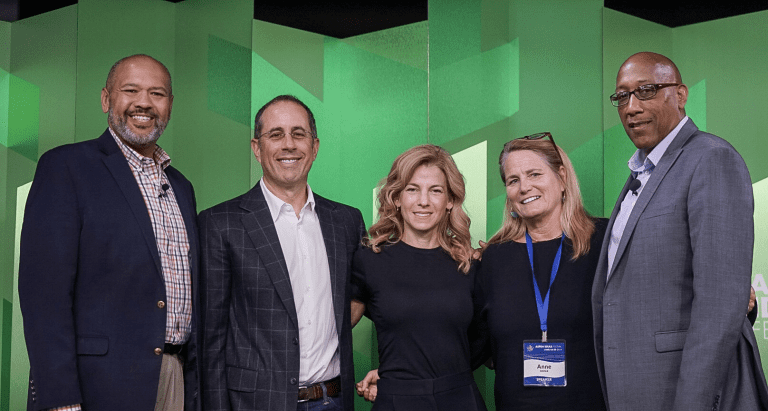
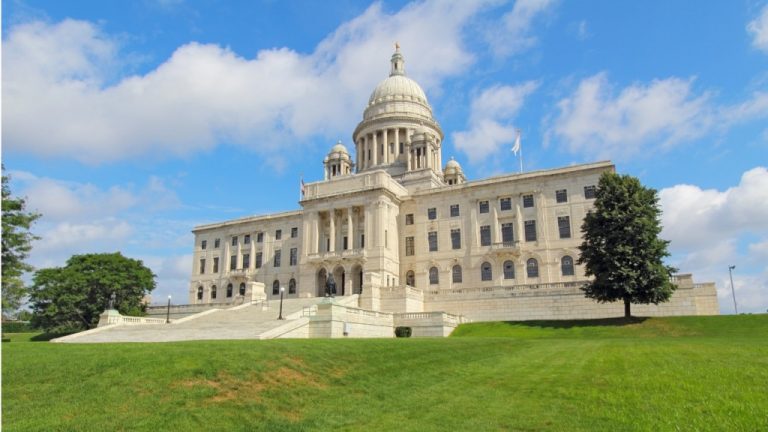

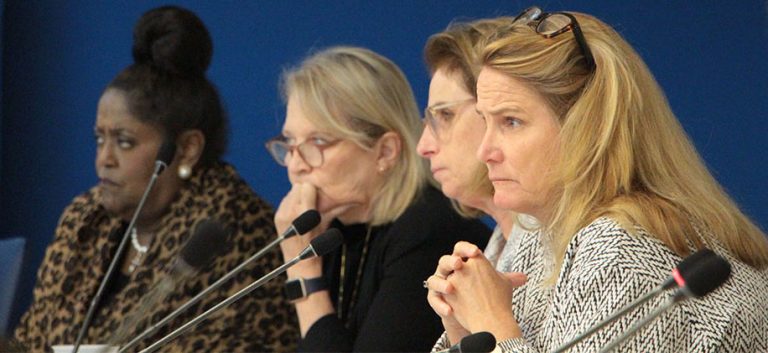

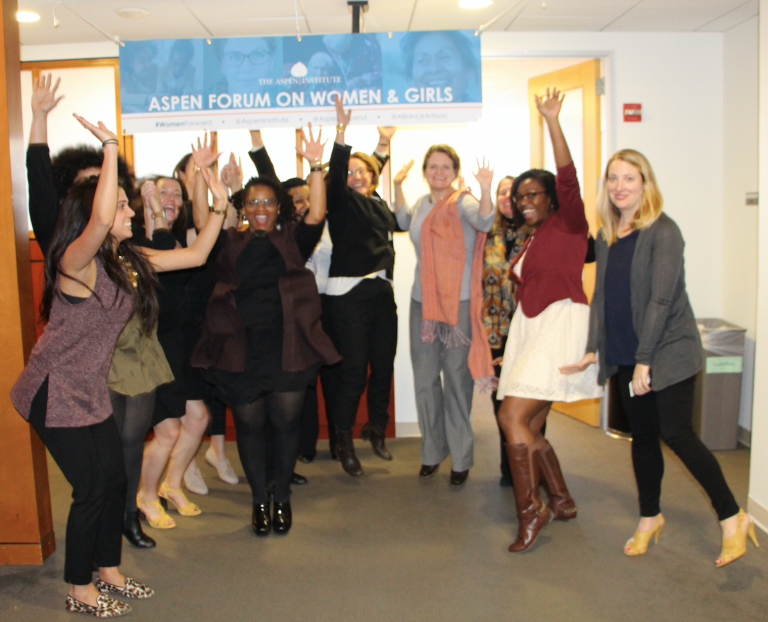

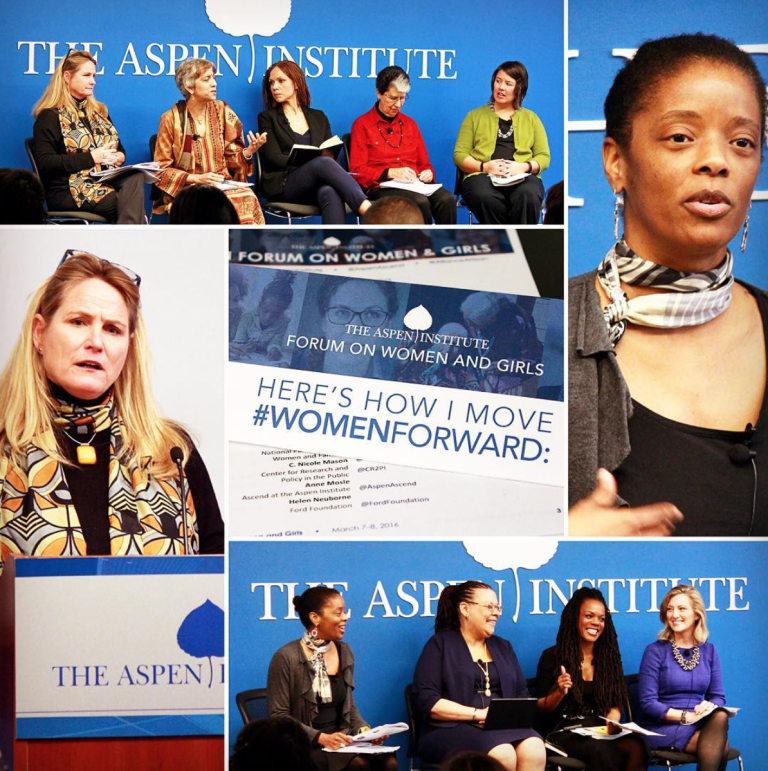

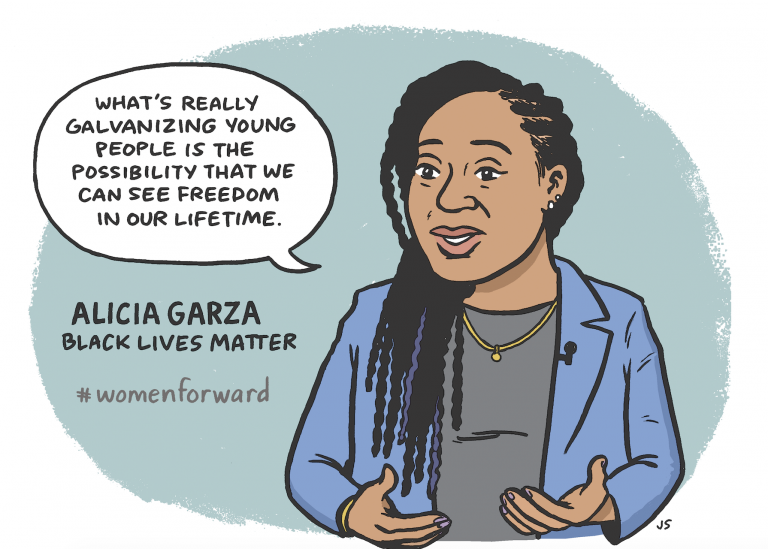

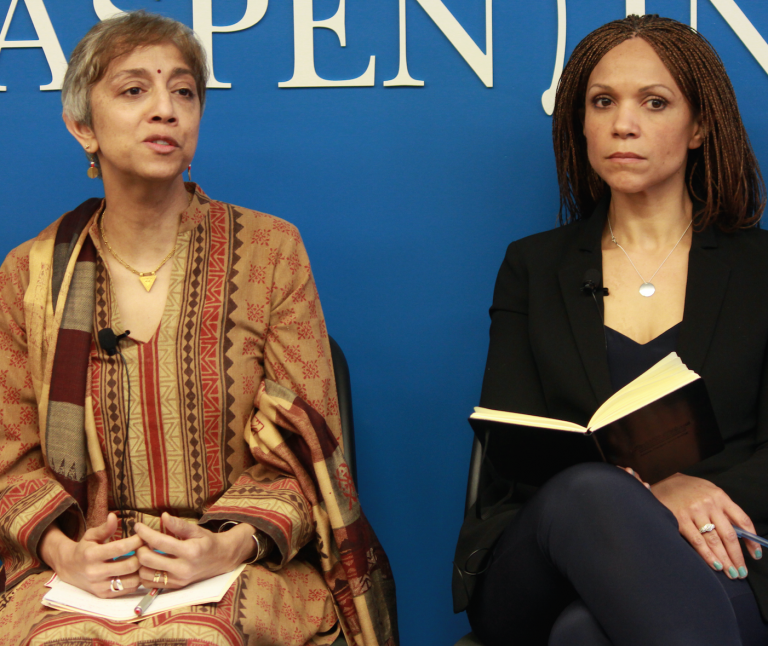



- Betsy Delgado
- Goodwill of Central & Southern Indiana, Inc.
- Aisha Nyandoro
- Springboard Collaborative
- Ann Silverberg King
- Sherece West-Scantlebury
- Katie Albright
- Safe & Sound
- Ann Kalass
- Starfish Family Services
- Lake Middle School – Denver Public Schools
- Office of Family and Community Engagement – Denver Public Schools
- Verónica Figoli
- Laura Huerta Migus
- Rebecca Dixon
- Association of Children’s Museums
